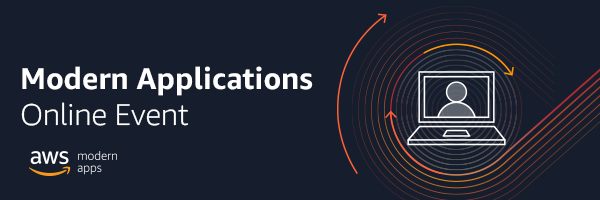AWS Compute Blog
Tag: Kubernetes
Efficiently Scaling kOps clusters with Amazon EC2 Spot Instances
This post is written by Carlos Manzanedo Rueda, WW SA Leader for EC2 Spot, and Brandon Wagner, Senior Software Development Engineer for EC2. This post focuses on how you can leverage recently released tools to optimize your usage of Amazon EC2 Spot Instances on Kubernetes Operations (kOps) clusters. Spot Instances let you utilize unused capacity […]
Optimizing Apache Flink on Amazon EKS using Amazon EC2 Spot Instances
This post is written by Kinnar Sen, Senior EC2 Spot Specialist Solutions Architect Apache Flink is a distributed data processing engine for stateful computations for both batch and stream data sources. Flink supports event time semantics for out-of-order events, exactly-once semantics, backpressure control, and optimized APIs. Flink has connectors for third-party data sources and AWS […]
Running cost optimized Spark workloads on Kubernetes using EC2 Spot Instances
This post is written by Kinnar Sen, Senior Solutions Architect, EC2 Spot Apache Spark is an open-source, distributed processing system used for big data workloads. It provides API operations to perform multiple tasks such as streaming, extract transform load (ETL), query, machine learning (ML), and graph processing. Spark supports four different types of cluster managers (Spark standalone, Apache […]
Register for the Modern Applications Online Event
Earlier this year we hosted the first serverless themed virtual event, the Serverless-First Function. We enjoyed the opportunity to virtually connect with our customers so much that we want to do it again. This time, we’re expanding the scope to feature serverless, containers, and front-end development content. The Modern Applications Online Event is scheduled for […]
TensorFlow Serving on Kubernetes with Amazon EC2 Spot Instances
This post is contributed by Kinnar Sen – Sr. Specialist Solutions Architect, EC2 Spot TensorFlow (TF) is a popular choice for machine learning research and application development. It’s a machine learning (ML) platform, which is used to build (train) and deploy (serve) machine learning models. TF Serving is a part of TF framework and is […]
Building for Cost optimization and Resilience for EKS with Spot Instances
This post is contributed by Chris Foote, Sr. EC2 Spot Specialist Solutions Architect Running your Kubernetes and containerized workloads on Amazon EC2 Spot Instances is a great way to save costs. Kubernetes is a popular open-source container management system that allows you to deploy and manage containerized applications at scale. AWS makes it easy to run […]
Using AWS App Mesh with Fargate
This post is contributed by Tony Pujals | Senior Developer Advocate, AWS AWS App Mesh is a service mesh, which provides a framework to control and monitor services spanning multiple AWS compute environments. My previous post provided a walkthrough to get you started. In it, I showed deploying a simple microservice application to Amazon ECS […]
Scaling Kubernetes deployments with Amazon CloudWatch metrics
This post is contributed by Kwunhok Chan | Solutions Architect, AWS In an earlier post, AWS introduced Horizontal Pod Autoscaler and Kubernetes Metrics Server support for Amazon Elastic Kubernetes Service. These tools make it easy to scale your Kubernetes workloads managed by EKS in response to built-in metrics like CPU and memory. However, one common use case for applications […]
Learning AWS App Mesh
UPDATE – Oct 26 2020 – We have updated the instructions and recommended configurations for AWS App Mesh, which can be found in this GitHub repository: https://github.com/aws/aws-app-mesh-examples/tree/master/examples/apps/djapp. Please consider the below steps deprecated, but we are leaving the post live for its deeper explanation of some of the steps involved. This post is contributed by […]
Updates to Amazon EKS Version Lifecycle
Contributed by Nathan Taber and Michael Hausenblas At re:Invent 2017 we introduced the Amazon Elastic Container Service for Kubernetes, or Amazon EKS for short. We consider these tenets as valid today as they were at launch: EKS is a platform to run production-grade workloads. This means that security and reliability are our first priority. After that we […]







